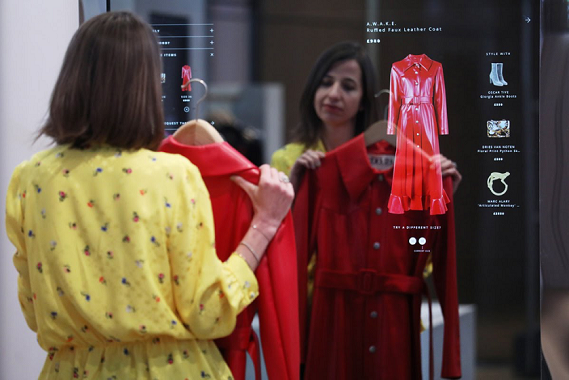Artificial intelligence adoption across industries is skyrocketing. A McKinsey Global survey revealed that 47% of the interviewed companies have embedded at least one AI capability in 2018, compared with only 20% in the previous year. Furthermore, 30% said they are piloting AI and 71% stated they expect the overall investment in AI to grow in the coming year.
One domain in which we can witness an increase in the number of AI-driven technologies used in the business processes is retail. A report from CB Insights shows that between 2013 and 2018, retail artificial intelligence startups raised $1.8 billion across 374 deals.
Artificial intelligence helps the retail sector tackle and solve a series of frustrating problems such as inaccurate inventory, overstretched and undertrained store associates, product placement and sub-optimal pricing. By processing huge amounts of information from different sources, AI systems are able to faster and better identify viable solutions.
In support of this idea is another study released by IBM earlier in 2019, which identifies six ways the retail industry plans on using AI, based on respondents’ feedback:
· Supply chain planning (85%)
· Demand forecasting (85%)
· Customer intelligence (79%)
· Marketing, advertising, and campaign management (75%)
· Store operations (73%)
· Pricing and promotion (73%)
Even with such advent on the e-commerce front, brick-and-mortar stores are still here and are looking for innovative ways to remain at the forefront of the sales chain. So, AI can also play a crucial part in helping bridge the gap between virtual and physical sales channels.
From reducing shipping costs and improving supply chain efficiency to personalizing shopping experiences and helping workers acquire new skills, AI technologies allow retailers to compete in the 21st century economy and better serve their customers. This is what the future of retail looks like. — Mark Mathews, NRF vice president of research development and industry analysis

